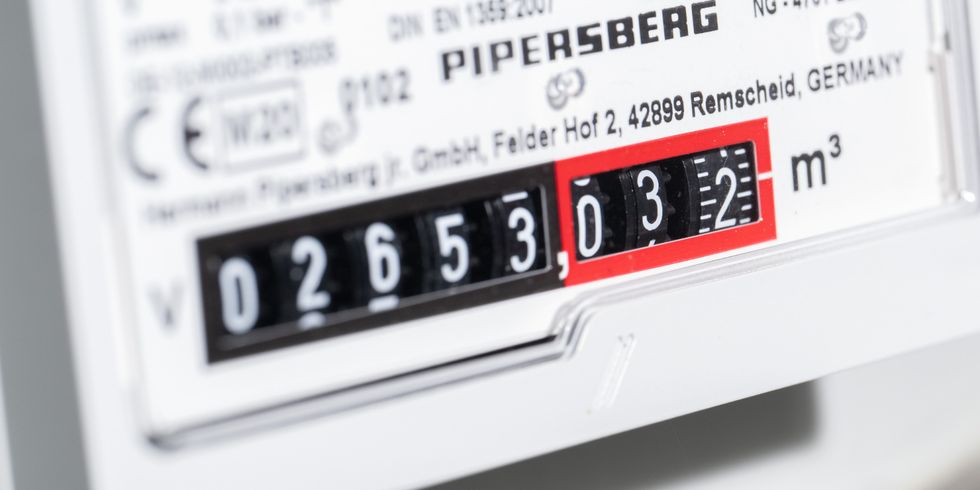Since October 01, 2022, owners of buildings with gas heating in Germany are required to have their heating systems inspected. This means that in Berlin, too, all gas heating systems must be checked to see whether they are set to be energy-efficient enough.
According to experts, many gas heating systems in Germany are not optimally adjusted and consume an unnecessary amount of energy. The Ordinance on Securing the Energy Supply Through Measures Effective in the Medium Term (EnSimiMaV), which regulates the heating inspection in § 2, is intended to prevent such energy losses and thus open up potential energy savings. Such ernergy savings can be achieved simply and inexpensively, for example by lowering the hot water temperature. Through the interaction of all planned gas saving measures, owners and users of buildings can reduce their heating costs noticeably and contribute to the improvement of the gas supply situation. The Sanitary and Heating Guild of Berlin (Innung SHK Berlin) and the Chimney Sweep Guild of
Berlin (Schornsteinfeger-Innung) estimate that there is a savings potential of up to 15%. In some cases, even higher savings are possible as a result of the interaction of measures. The obligatory measures do not include a lowering of room temperatures. Consequently, heating optimization does not result in any loss of comfort.
§ 2 of the Ordinance specifies which inspections must be carried out. All settings of a heating system that can have an effect on energy consumption must be checked,such as the setting of the flow temperature, the hot water temperatures, and operating controls such as nightly temperature lowering. The obligatory inspection is not limited to the measures specified in § 2 (2) of the Ordinance. For example, in the case of gas floor heating systems, it must also be checked whether energy can be saved by adjusting the heating output of the devices (the so-called nominal heat output) to the heat demand. As part of the heating inspection, building owners and occupants should also be informed about further energy-saving measures. These include, for example, cleaning dirty radiators or adjusting individual ventilation behavior.
If the inspection of the heating system reveals a setting that is causing unnecessary energy loss, the building owner is required to make the necessary adjustments no later than September 15, 2024.
Building owners can commission specialists of their choice to carry out the heating inspection. The ordinance names chimney sweeps, heating installers and energy consultants as examples. However, other persons with comparable expertise can also be consulted. In order to avoid travel costs, the work should be carried out during regular appointments, e.g. during the fireplace inspection by the authorized district chimney sweep or during heating maintenance appointments. The results of the inspection must be recorded in writing. This provides building owners with an individual roadmap for optimizing their gas heating systems.

